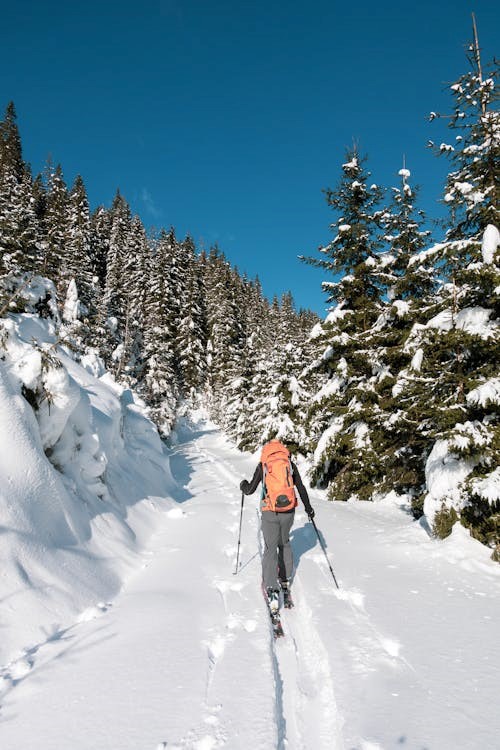Innovation
The aim of this randomized controlled clinical study was to examine whether moderate winter exercise improves allergic airway inflammation and quality of life in patients suffering from allergic rhinitis and/or asthma. Additionally, the effects on spirometry, differential blood count, eosinophilic cell count from nasal lavage, six-minute walk test and allergic symptoms were examined. A significant reduction of FeNO and nasal eosinophilic cell count as well as sustainable improvements in allergic symptoms were found in the exercise group.
Evaluation System
Primary outcomes were fractional exhaled nitric oxide (FeNO) and the German version of the Rhin Asthma Quality of Life Scale. Secondary outcomes were spirometry, differential blood count, eosinophilic cell count from nasal lavage, six-minute walk test (6MWT), mucociliary clearance time and inverse visual analogue scale concerning health status and allergy symptoms (a higher value indicates a better clinical result). Assessments were performed at baseline (day 0; T0), after the intervention (day 10; T1) and after two months (day 60, T2). To assess short-term effects of a single winter hike, three additional FeNO measurements were performed at day 9.
A significant improvement of fractional oral exhaled nitric oxide (FeNO; p = 0.008, day 10) and a significant decrease in FeNO after a single 4 h hiking tour (p < 0.001, time e_ect) were observed for the exercise group. The nasal eosinophilic cell count revealed a short-term reduction (p = 0.021, treatment e_ect) in the exercise
group and for the visual analogue scale sustainable improvements in allergic symptoms (p < 0.001, day 60) were found. No adverse e_ects of outdoor winter exercise were observed.
A ten-day winter sports program reduced the allergic airway inflammation in patients suffering from allergic rhinitis and/or asthma.
Furthermore, the number of eosinophilic cells from nasal lavage decreased and allergic symptoms improved, thus indicating an overall improvement of the inflammatory milieu in the airways. None of the participants reported undesirable effects during measurements or the winter exercise program.
Assessment
This study design allows for comparison of a ten-day holiday with recreational winter exercise with real life conditions and the daily routine of people suffering from allergic rhinitis and/or asthma.
References
Prossegger J, Huber D, Grafetstätter C, et al. Winter Exercise Reduces Allergic Airway Inflammation: A Randomized Controlled Study. Int J Environ Res Public Health. 2019;16(11):2040. Published 2019 Jun 8. doi:10.3390/ijerph16112040








